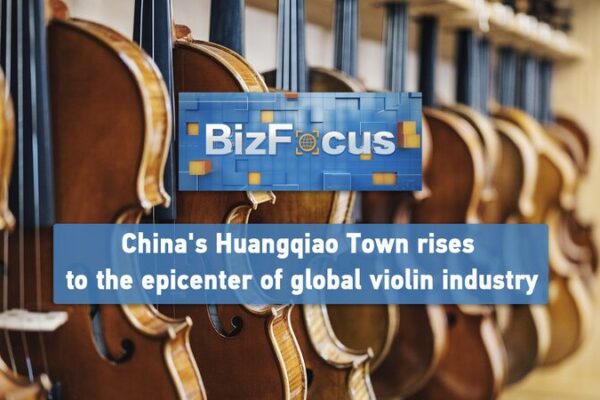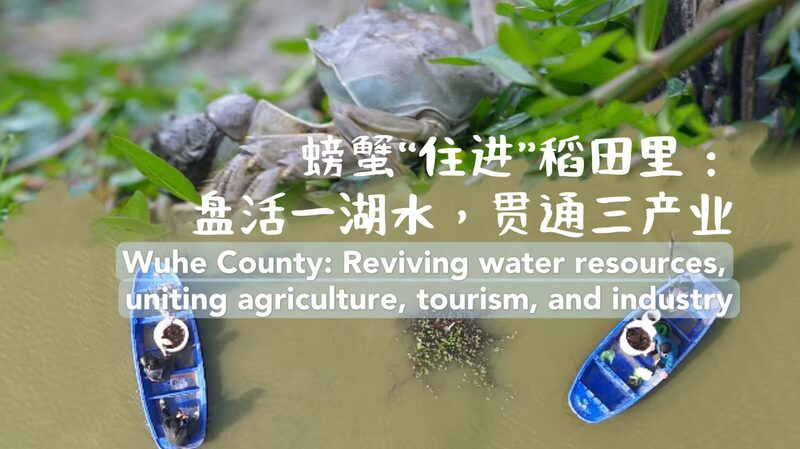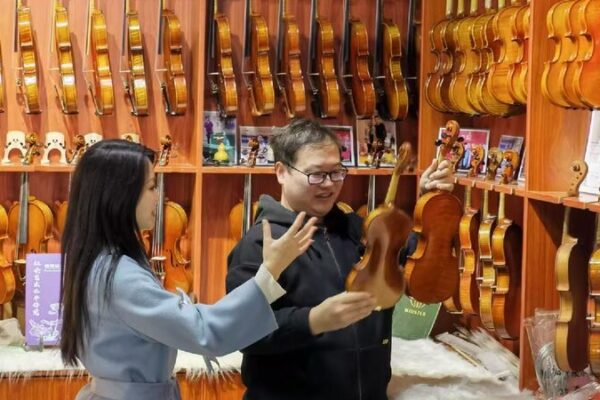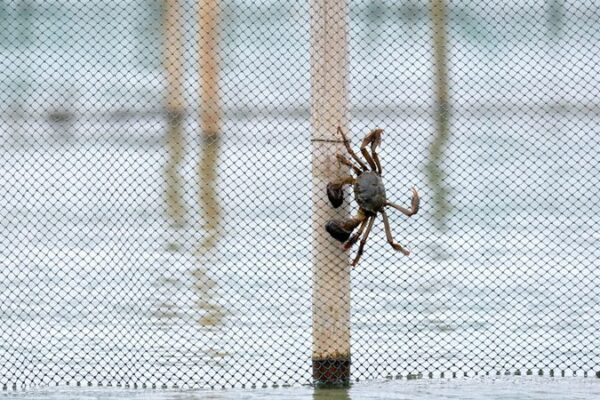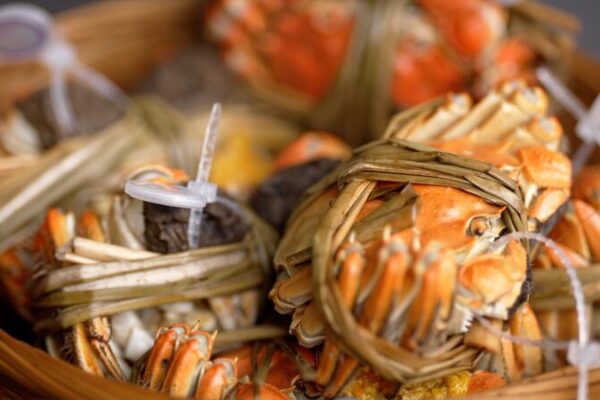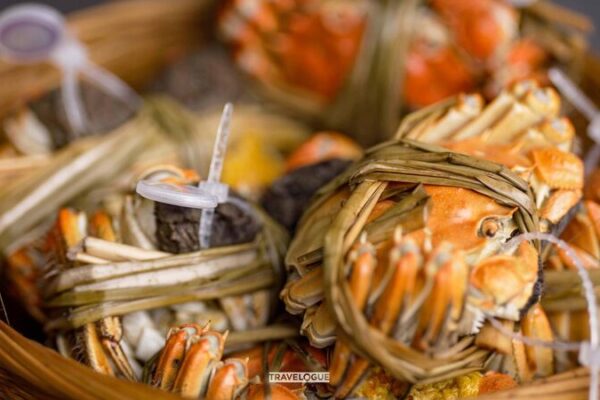In the heart of China’s Jiangsu Province lies Huangqiao Town, a place renowned as the “violin capital of the world.” This small town has become a global hub for violin manufacturing, producing instruments that resonate on international stages. The secret behind Huangqiao’s success is its unique industrial cluster and the dedication of its people, who have transformed traditional craftsmanship into a booming industry.
Just a few hundred kilometers away in Wuhe County, Anhui Province, farmers are pioneering an innovative “rice-crab symbiosis” farming method. By integrating crab farming into rice paddies, they have created a sustainable system that boosts both land and water efficiency. This method not only increases farmers’ incomes but also promotes ecological balance, showcasing China’s commitment to sustainable agriculture.
Meanwhile, China has achieved a remarkable environmental milestone by becoming the first country to ensure “zero growth” in land desertification. Through extensive efforts in afforestation and land restoration, areas once threatened by encroaching deserts are now witnessing a revival. This accomplishment underscores China’s dedication to combating climate change and preserving the environment for future generations.
These developments highlight China’s innovative approaches to industry, agriculture, and environmental protection. From the melodies crafted in Huangqiao’s workshops to the harmonious coexistence of rice and crabs in Wuhe’s fields, and the greening of former deserts, China continues to inspire with stories of progress and sustainability.
Reference(s):
cgtn.com

